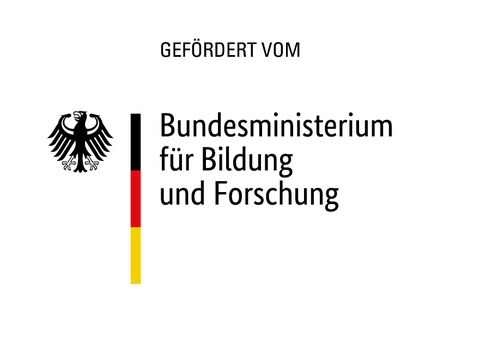High-resolution topography to measure and model river channel morphodynamics
Fluvial environments are fragile landscapes, which can change rapidly, e.g. due to climatic impacts, with potential ecological as well as socio-economic consequences. To understand and model processes of fluvial morphodynamics monitoring with spatio-temporal high resolution are necessary. A better comprehension of these landscapes can help to improve their management regarding the risk of flood events and to enhance their ecological functions. However, high-resolution topographic data for river morphology change detection and modelling are still difficult to achieve. In this project, multi-temporal field campaigns of river channel morphological surveys are to be performed at Sajó River to test several devices to improve the data density regarding river bank geometry and bathymetry. Thereby, a survey-boat integrated with laser scanner, echo sounder and red-green-blue (RGB) as well as near-infrared (NIR) cameras is utilized to measure the topography. Furthermore, unmanned aerial vehicles (UAVs) equipped with RGB, multi-spectral and thermal cameras are used to test their suitability to measure flow velocities and sediment load. Thus, boat and aerial observations of complete river reaches complement each other to enable a holistic topographic river description.

Hydro-morphology measured with UAV and UWV
The performance of the multi-sensor and multi-platform data is evaluated with reference data acquired by terrestrial laser scanner (TLS) and boat measurements with acoustic Doppler current profilers (ADCP) to test the achievable accuracy. Another aim of the project is the implementation of the newly acquired data in hydrological modeling of selected meandering reaches of Sajó River to better understand seasonal as well as annual channel morphodynamics. Thereby, data suitability is verified and information gain for the models themselves is investigated.
This project is sponsored by the Federal Ministry of Education and Research and performed in co-operation with the Department of Physical Geography and Geoinformatics, Institute of Earth Sciences, University of Debrecen, Hungary.

